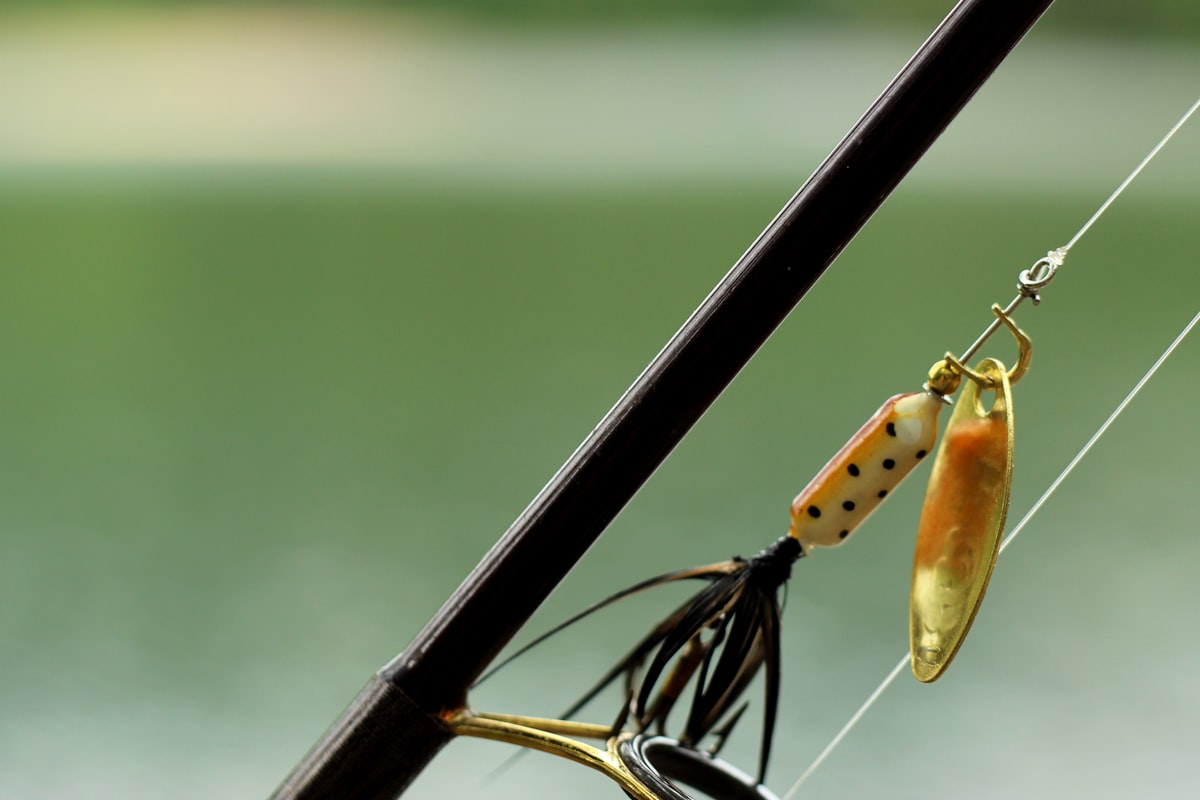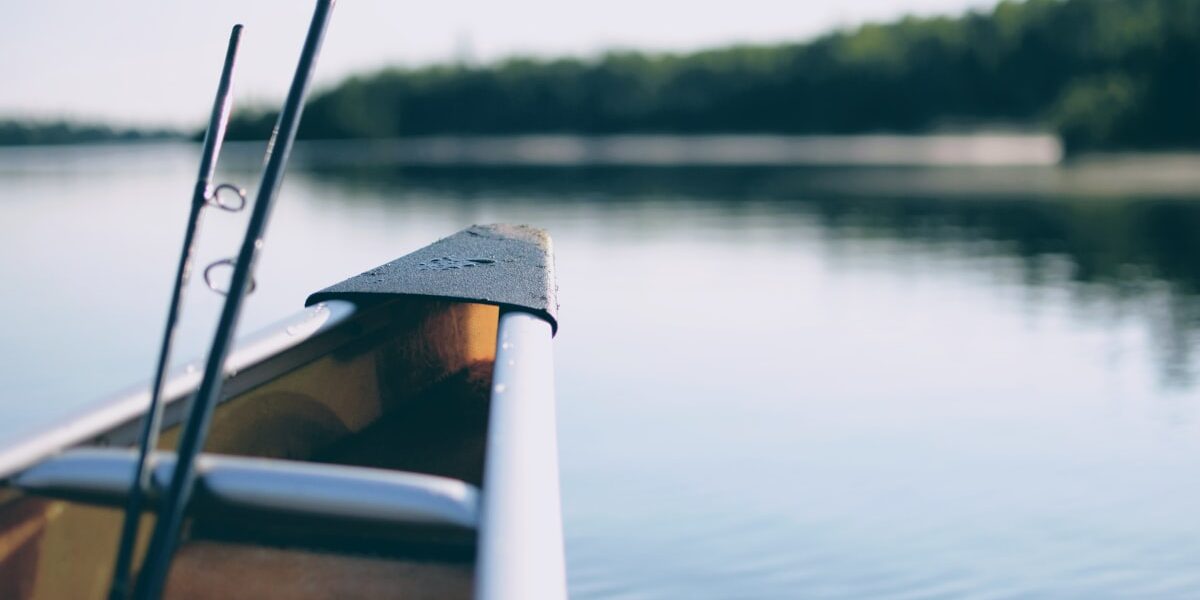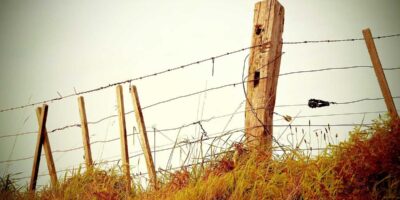Exploring Local Fishing Spots
Fishing presents a unique blend of relaxation and thrill. The sensation of being out in nature, away from the digital overload, is unmatched. If you’re keen on casting a line, you may wonder, where can I go fishing near me? Let’s dive into identifying and understanding local fishing opportunities.
Finding Nearby Fishing Locations

Most people have access to fishing spots within a short drive. Lakes, rivers, streams, and coastal areas often offer opportunities. Start your search by looking at local parks and wildlife service websites. They often provide detailed maps and access points for fishing areas. Additionally, community forums or social media groups dedicated to fishing can be invaluable. Anglers frequently share their favorite spots and tips for prospective locations.
Understanding Fishing Regulations
Each location has specific regulations that must be adhered to. Rules can include fishing seasons, catch limits, and specific bait types allowed or prohibited. It is essential to familiarize yourself with these regulations to ensure a sustainable fishing experience. Violating fishing laws can lead to hefty fines and negatively impact ecosystems. Local wildlife or environmental authorities typically provide detailed guidelines and permit information. Check their websites or visit their offices to ensure you have accurate, up-to-date information.

Essential Equipment for Local Fishing
The type of fishing you plan to do dictates the gear you’ll need. Freshwater fishing usually requires different equipment compared to saltwater fishing. Basic equipment includes a fishing rod and reel, line, hooks, and bait. For beginners, a standard spinning reel and rod combo is versatile and easy to use. Don’t forget a tackle box to keep your gear organized. It’s wise to bring along a first-aid kit, sunscreen, and plenty of water for safety and comfort. Depending on the environment, insect repellent may also be necessary.
Safety Tips for Local Fishing
- Always inform someone of your whereabouts, especially when fishing in remote areas.
- Wear a life jacket if fishing near bodies of water with swift currents or if you are fishing on a boat.
- Check the weather forecast before heading out and be prepared for sudden changes.
- Familiarize yourself with local wildlife and what to do in the event of an encounter.
Connecting with the Fishing Community
Fishing often comes with a community of passionate individuals. Engaging with local fishermen can enrich your experience. Fishing clubs or local meet-ups are perfect environments to learn tips and tricks. These groups often organize competitions, clean-up drives, and education sessions on sustainable practices. Such interactions can not only improve your skills but also deepen your understanding of local ecosystems.
Trying Different Fishing Techniques
Once you have basic skills, trying different fishing techniques can be rewarding. Fly fishing, for instance, offers a different experience compared to standard spinning or baitcasting. Each technique requires different skill sets and patience levels. Fly fishing, for instance, is more about the artful casting of a lightweight lure. In contrast, spinning simply involves casting and retrieving with varied techniques. Experimenting will make fishing more engaging. It might also help you discover a newfound specialty.
Resources for Continuous Learning
Many online resources can help deepen your knowledge about fishing. Blogs, YouTube channels, and forums dedicated to fishing are excellent for learning new skills. Subscription to magazines specializing in fishing can provide both beginner and advanced tips. Even mobile apps are available to provide information on fishing knots, weather conditions, and fish identification. Continuous learning enriches the recreational activity, making it enjoyable over the long term.
Importance of Conservation
Keep conservation at the forefront of your fishing endeavors. Responsible fishing helps in preserving aquatic ecosystems for future generations. Always practice catch and release as much as possible—only keeping what you will responsibly consume. Avoid disturbing the habitats and always clean up after yourself. Conservation is not just a personal choice but a necessity.
Fishing Challenges and Competitions
Participating in fishing competitions can offer an avenue to challenge oneself. These events often include categories for different age groups and experience levels. They also contribute to local fisheries’ conservation projects. Competitions are an excellent way to test your skills against others and learn new techniques. They also foster a sense of camaraderie among participants, enriching the fishing experience.
Conclusion
The journey of exploring local fishing spots presents an opportunity for adventure and learning. Understanding local regulations, having the right gear, and connecting with fellow fishing enthusiasts can enhance the experience. Whether you’re a novice or a seasoned angler, local fishing can offer satisfaction, relaxation, and excitement. So grab your gear and start exploring what is available near you.
Recommended Fishing Gear
Garmin GPSMAP 79s Marine GPS – $280.84
Rugged marine GPS handheld that floats in water.
Garmin inReach Mini 2 – $249.99
Compact satellite communicator for safety on the water.
As an Amazon Associate, we earn from qualifying purchases.




Subscribe for Updates
Get the latest articles delivered to your inbox.
We respect your privacy. Unsubscribe anytime.